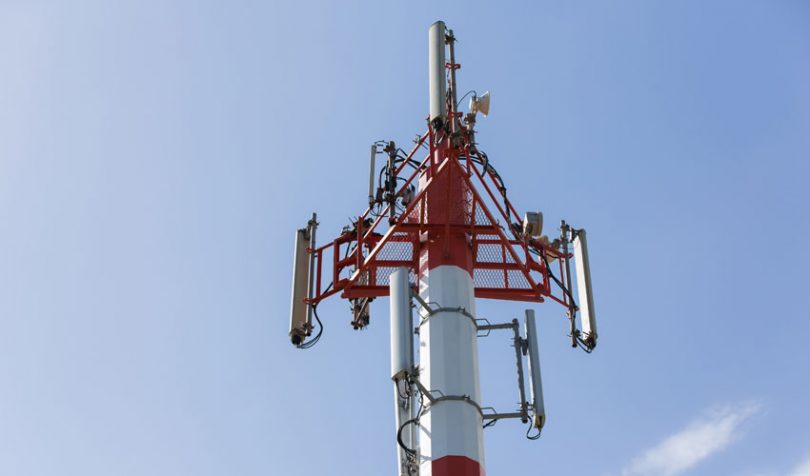Three months ago Ledger Insights wrote about how the Telecom Regulatory Authority of India (TRIA) is trying to fight spam calls. At that stage Microsoft and Tech Mahindra were working on a blockchain-based “Do Not Disturb” registry. Yesterday the Economic Times revealed IBM is also targeting the area.
“We have completed proof of concepts and pilots with all the major telecom providers and with TRAI in this space,” said Sriram Raghavan, VP of IBM Research. “We anticipate that, going into the New Year, we’ll start to see blockchain solutions getting rolled out.”
Additionally, the blockchain will log whether the consent is respected. The technology will also be used for porting phone numbers between providers.
In Europe IBM is working with Telefónica on a proof of concept for international mobile call billing. When users make an international call, the routing of the call results in charges between phone companies in different regions. The blockchain project helps in traceability of that information between the providers. By sharing the data, it reduces reconciliation costs, helps to prevent fraudulent behavior and cuts down on discrepancies.
Carrier Blockchain Study Group
Telefónica is also part of the Carrier Blockchain Study Group which was founded last year by TBCASoft, SoftBank, Sprint, and Taiwan’s FarEasTone. Since then the consortium has since added ten new members including South Korea’s KT Corp.
The group is exploring how blockchain can be used for digital payments, clearing and settlement, ID authentication and IoT applications.
Softbank, Synchronoss Technologies and TBCASoft are also separately working on a cross carrier digital payment systems. This would enable customers to make payment to merchants using SMS or the Rich Communication Services protocol (RCS).
There are several other initiatives around the world. For example, the UK telecoms regulator is exploring blockchain for managing numbers and number porting between carriers.
CBCCom, PCCW Global, Sparkle and Tata Communications are collaborating on a blockchain Proof of Concept (PoC). The PoC is for Bandwidth-on-Demand which is how telecoms companies buy bandwidth from each other for international services.
And in China Huawei, ZTE and the major telecoms providers are collaborating on blockchain projects.






